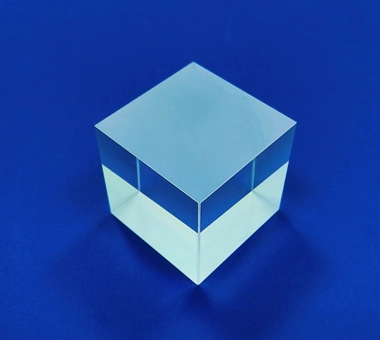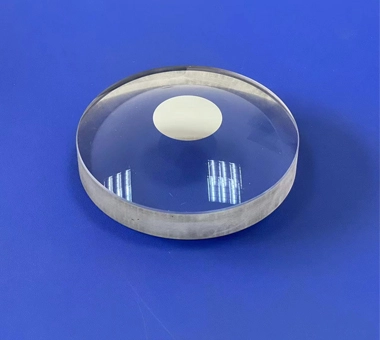
Call Us
86-755-82924037
Call Us
86-755-82924037Glass rods are highly versatile tools widely utilized in both laboratory settings and the art of glassblowing. In laboratories, these optical glass rods serve essential functions such as stirring chemicals, mixing solutions, and facilitating reactions without contaminating the substances involved. Their inert nature ensures that they do not react with the chemicals, maintaining the integrity of the experiments. This makes them indispensable for a variety of scientific procedures, from simple solution preparation to complex chemical syntheses. Additionally, custom glass rods are often used to manually manipulate small quantities of substances, aiding in tasks that require precision and control. Their smooth surface and durability make them easy to clean and reuse, further enhancing their practicality in a laboratory environment. Beyond their scientific applications, glass rods are also fundamental in the art of glassblowing.
Optical glass rods possess several outstanding properties that make them invaluable in precision optics and photonics. These include exceptional optical clarity and high light transmission, enabling efficient light guidance with minimal loss. Optical glass rod exhibits precise refractive indices and low dispersion, crucial for applications requiring accurate light manipulation and minimal chromatic aberration. Optical glass rods also offer excellent thermal stability and resistance to thermal shock, maintaining their integrity and optical properties across a wide temperature range. Furthermore, they can be custom-engineered to specific dimensions and optical specifications, catering to a broad spectrum of advanced optical applications.
Optical glass is used in a wide array of applications that require precise light transmission, manipulation, and control. It is a key material in the manufacturing of lenses, prisms, mirrors, and optical fibers, which are integral components of cameras, microscopes, telescopes, and other optical instruments. Optical glass is also essential in the production of eyewear, including glasses and contact lenses, providing clear vision correction. In the telecommunications industry, optical glass fibers facilitate high-speed data transmission over long distances with minimal signal loss. Additionally, optical glass finds applications in scientific research, medical devices, and various sectors of the photonics industry, where precise optical performance is critical.
Optical glass rods have a wide range of applications across various fields. In educational settings, optical glass rods are used to demonstrate the concept of a liquid’s index of refraction through activities like the disappearing rods experiment, where glass rods become invisible in oil due to similar refractive indices. Glass rods also illustrate the triboelectric effect, where stroking a glass rod with silk generates a negative charge through friction. In industrial applications, large-diameter custom glass rods are used in sight glasses, allowing observation of fluids under extreme conditions. In scientific laboratories, optical glass rods are essential for mixing solutions to accelerate reactions. Additionally, in electronics, glass rods are used to disperse liquids across solid surfaces, although metal rods are preferred for their superior heat conductivity. Glass, being a poor conductor of electricity, is more suitable for handling hot liquids due to its non-metallic nature and lack of free electrons.
Optical glass rods exhibit excellent corrosion resistance, particularly quartz glass rods, which can withstand acids and alkalis, except for hydrofluoric acid. Their strong hardness meets both laboratory and industrial standards. Glass rods can also operate at high temperatures, with quartz glass rods capable of continuous operation at 1200 °C and soda-lime glass rods at 400 °C. Additionally, these optical glass rods have minimal thermal expansion, making them resistant to breaking under high temperatures. Custom glass rods are manufactured with tight tolerances, typically controlled to 0.1 mm or less, and can be custom-made to achieve tolerances as low as 0.05 mm for greater accuracy.


